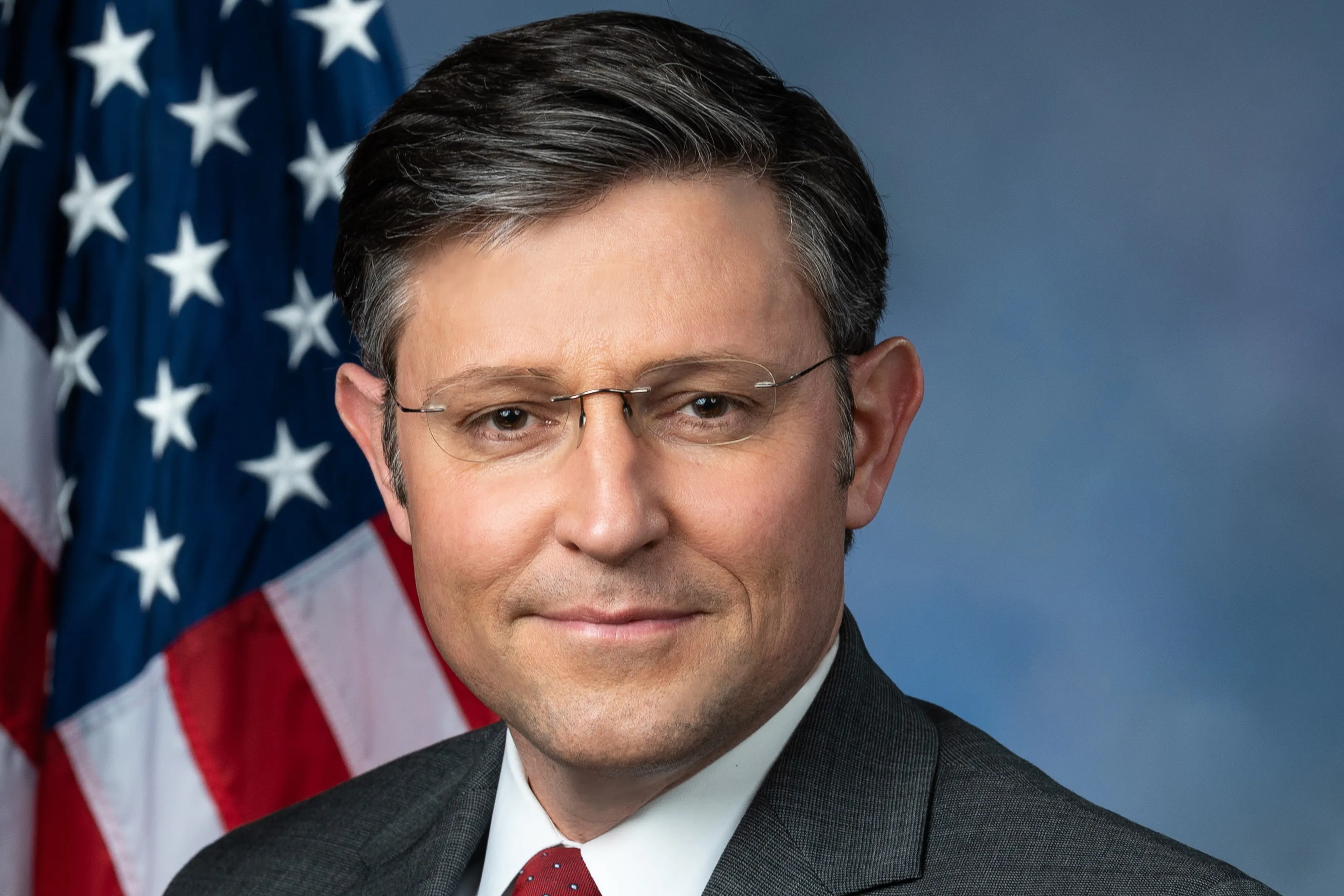
Daily Audio Newscast Afternoon Update - June 30, 2025
© INDU BACHKHETI - iStock-1336427297
News from around the nation.
Marathon votes took shape Monday in the U.S. Senate on the budget reconciliation bill; New report renews concerns about "forever chemicals" detected in U.S. waterways; Tribal advocates in Washington State sound alarm over opioid and fentanyl deaths.
Transcript
Public News Service Monday afternoon update.
I'm Mike Moen.
The U.S. Senate today resumed debate and marathon votes on the budget reconciliation bill prioritized by the White House.
Also known as the Big Beautiful Bill Act, the proposed measure outlines deep and long-term spending cuts to programs like Medicaid and the Supplemental Nutrition Assistance Program to offset tax cut extensions.
Republican leaders in both chambers of Congress face pressure from the Trump administration to finalize the bill before the July 4th holiday.
Legislative rules, concerns among some Republican lawmakers and heavy opposition from Democrats served as focal points in recent days.
Meanwhile, groups that represent workers in the renewable power sector are slamming the possible repeal of clean energy tax credits in the budget bill.
Suzanne Potter has more.
The bill would repeal tax credits for solar and electric cars that were part of President Joe Biden's Inflation Reduction Act.
Bob Keefe is with E2, a non-profit group of clean energy business leaders.
He says the bill could crush the clean energy economy and not just in blue states such as California.
If we ever wanted a policy in this country that would kill jobs, reduce business investments and make us less competitive while also reducing our electricity supplies in this country, we've got it.
Trump campaigned against the tax credits and wants to put the savings toward an extension of his 2017 tax cuts.
I'm Suzanne Potter.
And even though some Republican lawmakers have expressed uneasiness about certain provisions in the budget bill, they along with the White House tout the benefits of extending and expanding income tax cuts passed during President Donald Trump's first term.
On Sunday, the Congressional Budget Office said the Senate version would increase the federal deficit by nearly three trillion dollars over the next decade.
If passed, it would go back to the House for another vote there.
The US Supreme Court's ruling limiting federal injunctions against President Donald Trump's birthright citizenship order has sparked fierce backlash in Florida, with advocates warning it could create stateless children and fragment constitutional rights.
Renato Bozzero with the Florida Immigrant Coalition called the decision outrageous.
It's creating chaos.
It's creating fear and confusion.
Can you imagine what it is for a family that is now on the verge of welcoming a child that may be a child stateless because of the state that that child is born.
Supporters, including Attorney General Pam Bondi, celebrated Friday's decision as a victory for state authority, insisting the ruling reigns in judicial overreach.
Bondi called it a restoration of states' rights and claimed the order would deter unauthorized immigration.
Governor Ron DeSantis has pledged to implement the policy swiftly, Although legal experts note the 14th Amendment citizenship guarantee remains intact.
This is PNS.
Russia launched its biggest aerial attack against Ukraine over the weekend, that according to a Ukrainian official.
The Associated Press reports it's part of an escalating bombing campaign that has further dashed hopes for a breakthrough in efforts to end the three-year-old war.
The attack targeted several regions, including western Ukraine, far from the front line.
Turning to the latest research on a group of high-profile toxins, a majority of tested waterways in the U.S. were found to contain elevated levels of PFAS, or "forever chemicals."
According to a new report, Catherine Carley has the story.
Nonprofit Waterkeeper Alliance, who produced the report, says PFAS chemicals were also found at 95 percent of sites downstream from wastewater treatment plants and 80 percent of sites downstream from land fertilized with sewage sludge.
CEO Mark Yagi says pollution levels exceeded federal safety standards in many cases.
These waste water treatment plants are not designed to remove PFAS and they face significant challenges managing this pollution.
Yagi says the tools to address the PFAS crisis exist but political will is lacking.
The Trump administration abruptly reinstated federal grants to study the impacts of PFAS contamination in Maine earlier this month, despite a previous move to cancel dozens of grants.
I'm Catherine Carley.
Because of drought and failing infrastructure, the state of Texas could run out of water by 2030.
That message from the Texas Water Development Board.
But two new pieces of legislation are on the books that are designed to address the state's water shortage.
Senate Bill 7 and House Joint Resolution 7 would allocate $20 billion for infrastructure improvements and new projects.
Agriculture Commissioner Sid Miller says he's been trying to get lawmakers to address the state's water crisis for a decade now.
We completely lost our sugarcane industry because no water.
We've brought it to life that Mexico is not paying their water bill with our treaty on the Rio Grande.
So that was brought to life.
We've got a drought over half the state of Texas.
An increase in population has also contributed to the state's water woes.
Joint Resolution 7 would authorize the state to use $1 billion a year from sales tax revenue for the water projects.
The resolution must be approved by voters in November.
Minnesota teens are using their summer break to set aside added stress and anxiety they deal with during school.
And as that age group gets more attention for its mental health needs, parents of younger kids are urged not to miss warning signs.
The Minnesota chapter of the American Academy of Pediatrics hosted a discussion on the topic.
Child psychiatrist Dr. Helen Eggers says key data is consistent with other age groups.
The rate of impairing mental health disorders in preschool children here we're talking about children two to five it's actually the same as the rate in older children and adults.
Eggers says pediatricians and parents need to be mindful of things like excessive tantrums or trouble eating and sleeping.
This is Mike Moen for Public News Service, member and listener supported.
Find our trust indicators at publicnewsservice.org.
















